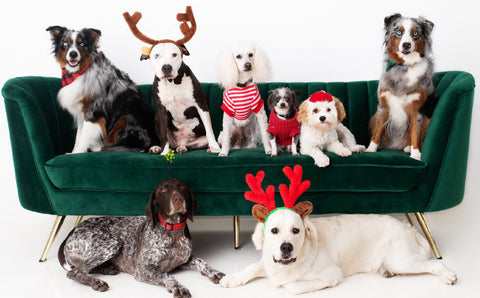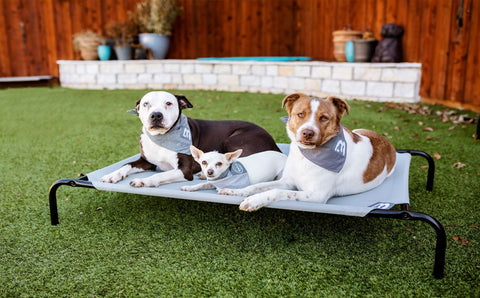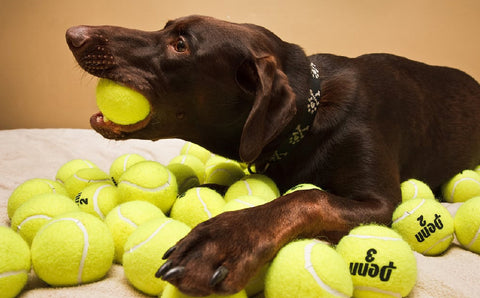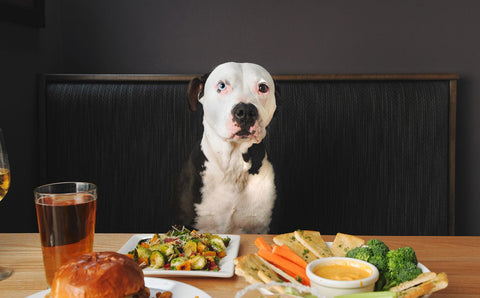You might think your dog is barking because the doorbell rang or whining because they’re afraid of other dogs. This is all true, but the problem goes much deeper than that. In fact, the moment your dog acts out has little to do with that moment itself, and more to do with how you live with them the rest of the day. The long and short of it is this: Your dog is acting out because they are unhappy...and it’s all your fault.
It’s not that you’re selfish, or stupid, it’s just that you don’t know any better. Despite how much we love our dogs and want what’s best for them, without truly understanding what motivates them and ensures their sense of wellbeing, they will act out. They will do this for the same reason we act out-to get attention to our needs. Most people never think about their dog’s actual happiness. They see a wagging tail and assume everything is fine. It isn’t until a dog’s unwanted behaviors become inconvenient (i.e. jumping on grandma and knocking her over) that people suddenly care about how their dog is doing. Even then, most people think it’s a matter of training your dog not to do unwanted behaviors. It’s not as simple as that. Anyone can drop their dog off with a trainer and pick up a dog that knows some commands and tricks. However, what we see, again and again, is that the dogs end up back with a trainer after a while, or worse yet, in a shelter. We can’t simply teach our dogs not to do bad things, we must get to the source of the problem. And that problem my friend is you.
Humans say they love their dogs the same way they love their own kids, but you would never let your child run around unsupervised, without any rules or structure. You would certainly never go to work and leave your child alone in the backyard, where they could run away or get injured. Many people want to humanize their dogs, but what they actually do is dress up their dog in cute outfits and treat them like fashion accessories. That’s not humanization. If you want to humanize your dog, you need to give them the tools they need to live in the human world. You need to communicate in a language they understand (hint - it’s not English). You need to understand that what might be an appropriate show of affection to a human can actually create deep imbalance and confusion in your dog.






